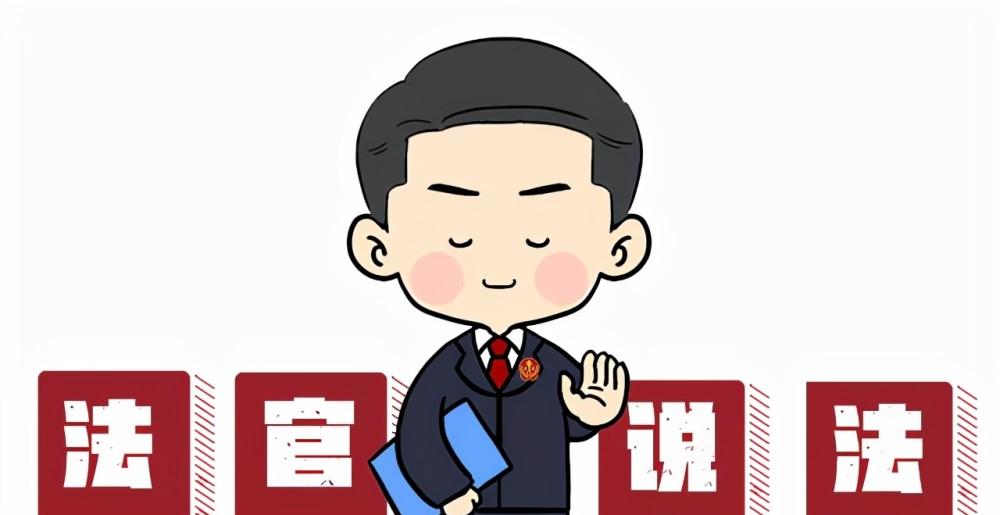Can you sing songs written by others whenever you want in a business event? The consequence of singing is to infringe on the copyright of others, even if you are a big star!
Basic facts of the case:
Recently, Beijing Company A, the exclusive agent and copyright agency of China's well-known singer Dao X, filed a complaint against another well-known singer in China, and the defendants were also a Certain Chinese Association and Fujian Company B.
Beijing Company A claimed that in October 2016, at a party in Sanming Yong'an, a well-known singer was invited to participate in a publicity activity. Without obtaining Dao's permission and paying remuneration, Mr. Xia, the organizer of the party, a Chinese association and the organizer of the party, performed the "Love Song of the West Sea" composed by Dao X, infringing the plaintiff's right to perform works, and demanding that the three defendants jointly compensate for losses of 155,000 yuan. After accepting the case, the Sanming Intermediate People's Court repeatedly communicated and coordinated with the plaintiff and the defendant, explained the law and reasoned, and finally prompted the parties to reach an agreement on mediation.
The judge said:
Musical works refer to songs, symphonies and other works with or without words that can be sung or played, and are one of the works protected by China's copyright law. When using the works of others to perform, the performer shall obtain the permission of the copyright owner and pay remuneration. When a performance organizer organizes a performance, the organizer obtains the permission of the copyright owner and pays remuneration. In performances organized by an organizer, although the law stipulates that the organizer shall obtain permission from the copyright owner and pay remuneration. However, the performer still has the necessary duty of care as to whether the work he is performing has been authorized.
Here's the problem!
If I go to a KTV and sing a song
Did it also infringe on Faye Wong, Andy Lau,
What about the copyrights of Jay Chou and others?
Don't worry, don't worry, listen to what the judge has to say!

While protecting works, China's Copyright Law also imposes certain restrictions, stipulating 13 situations in which other people's works can be used reasonably, among which "for personal study, research or appreciation, the use of works already published by others" can not be paid to the copyright owner without the permission of the copyright owner, but the author's name or name and the name of the work should be indicated, and it does not affect the normal use of the work, and it also has to reasonably damage the legitimate rights and interests of the copyright owner. To go to kTV to sing is to "study, research or appreciate for an individual, and use the published works of others", which is the act of using other people's works reasonably. At the same time, in the case of public performance of other people's musical works, if it is a free performance, no fee is charged to the public, no remuneration is paid to the performer, and it is not for profit, it is also a fair use of other people's works.
Links to laws
Article 24 of the Copyright Law of the People's Republic of China
Article 24 In the following circumstances, a work may be used without the permission of the copyright owner and remuneration shall not be paid to him, but the name of the author or the name of the work shall be specified, and the normal use of the work shall not be affected, and the lawful rights and interests of the copyright owner shall have to be reasonably harmed:
(1) Using works already published by others for personal study, research, or appreciation;
(2) Appropriately quoting works already published by others in the work for the purpose of introducing or commenting on a certain work or explaining a certain issue;
(3) For the purpose of reporting news, inevitably reproducing or quoting published works in newspapers, periodicals, radio stations, television stations, and other media;
(4) Newspapers, periodicals, radio stations, television stations and other media publish or broadcast current affairs articles on political, economic, or religious issues that have already been published by other newspapers, periodicals, radio stations, television stations, and other media, except where the copyright owner declares that it is not allowed to publish or broadcast them;
(5) Newspapers, periodicals, radio stations, television stations, and other such media publish or broadcast speeches published at public gatherings, except where the author declares that publication or broadcast is prohibited;
(6) Translating, adapting, compiling, broadcasting, or reproducing in small quantities already published works for the purposes of school classroom teaching or scientific research, for use by teaching or scientific research personnel, but must not be published and distributed;
(7) State organs use published works within a reasonable range for the performance of their official duties;
(8) Libraries, archives, memorial halls, museums, art galleries, cultural centers, etc., reproduce works collected by the Library for the purpose of displaying or preserving versions;
(9) performing, free of charge, a published work that has not been paid to the public, has not paid remuneration to the performers, and is not for the purpose of making a profit;
(10) Copying, painting, photographing, or videotaping artworks set up or displayed in public places;
(11) Translating works already published by Chinese citizens, legal persons, or unincorporated organizations created in the common language of the State into works in minority languages for domestic publication and distribution;
(12) making available published works to persons with print disabilities in a perceptible and accessible manner;
(13) Other circumstances provided for by laws or administrative regulations.
The provisions of the preceding paragraph shall apply to the restriction of rights related to copyright.
Text: Sanming Intermediate Court WeChat public account
Editor: Tian Xuan